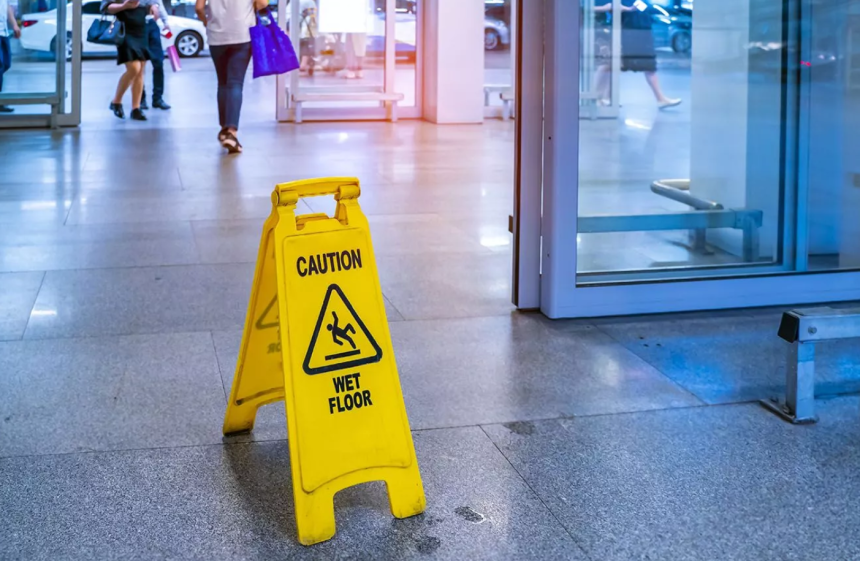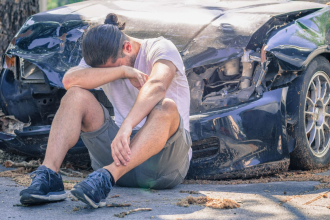Premise liability and negligence are two fundamental concepts that serve as the cornerstone of countless legal disputes. Understanding these tricky concepts is crucial for accident victims and property owners. For those navigating these murky legal waters, this article will clarify the differences between both concepts.
The legal responsibility held by property owners to provide a secure environment for visitors describes the former. While the latter is defined as the failure to use reasonable care, which causes harm to others. These two distinct principles, each with its own requirements and implications, govern various areas of personal injury law.
Understanding these legal concepts is crucial for accident victims and property owners. It will also help you know if you need a premises liability attorney Los Angeles to provide legal advice and representation.
Here are the major differences between both concepts:
Responsibility for the Accident
The focus of this liability is on the duty of property owners to provide a secure environment for visitors. It emphasizes dealing with risks and taking reasonable precautions to avoid harm. The term “negligence” refers to a broader duty of care that people have to one another in various circumstances, including actions or inactions that might cause harm to others.
Duty of Care
Different duties of care apply in premises liability cases depending on the visitors’ status. Trespassers are owed little to no duty, while licensees and invitees have the highest obligations. Without regard to their connection to the property, anyone who someone’s actions or negligence could harm is subject to a duty of care in negligence cases.
Burden of Proof
The plaintiff is typically responsible for demonstrating that the property owner’s negligence directly contributed to their injuries in cases of this liability. The burden of proof in negligence cases falls on the plaintiff to show that the defendant’s careless deeds or omissions resulted in damage.
Damages Awarded
Damages in premises liability cases typically cover particular injuries brought on by dangerous conditions on the defendant’s property. On the other hand, negligence cases may involve a broader range of damages, such as:
- Medical costs
- Lost wages
- Emotional distress, and other long-term repercussions.
Punitive damages are also sometimes granted in cases of extreme negligence.
Related Questions
What Accidents Are Covered by Premises Liability?
Premises liability covers a wide range of accidents that can occur on someone’s property. Examples of frequent occurrences include slip-and-fall accidents, insufficient security that results in assaults or robberies, falling objects, poor construction, or even animal attacks. In essence, a claim may be made for any injury brought on by a dangerous condition on the property.
How Should a Premises Liability or Negligence Claim Be Handled?
First, get medical help for your wounds and record all relevant evidence, including pictures, contact information for witnesses, incident reports, and incident reports. Next, report the incident to the property owner or other accountable party without assuming responsibility. Speak with a personal injury lawyer to ensure the preservation of critical evidence for your claim and to better understand your rights and legal options.
Can I Sue a Property Owner If I Am Injured On Their Premises?
Yes, you can file a lawsuit against a property owner if you get hurt because they were careless or didn’t keep the area safe. The outcome, however, will depend on some variables, such as your status during your visit (invitee, licensee, or trespasser), whether the property owner was aware of the danger or should have been aware of it, and whether you shared some of the blame for the accident.
Conclusion
Property owners and accident victims must understand these fundamental distinctions to successfully negotiate the complex world of personal injury law. Understanding these subtleties will help people better defend their rights, ensure a fair legal system, and seek the appropriate compensation for injury and damages.















